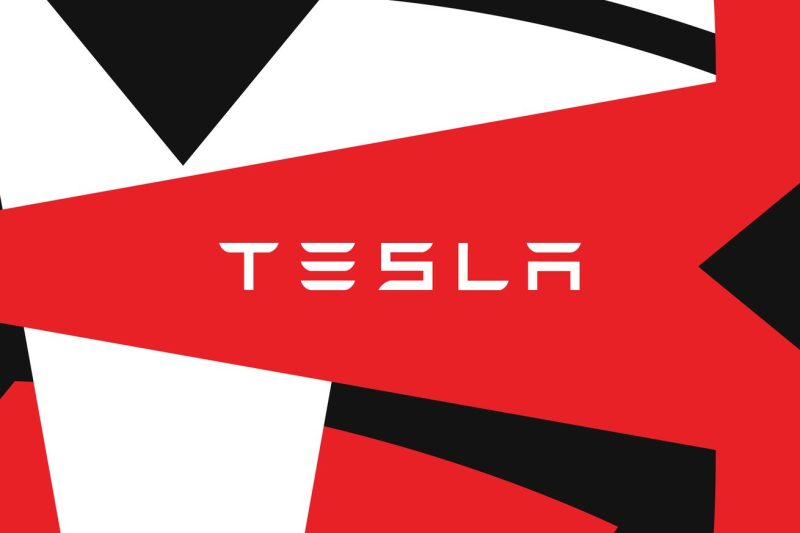In the aftermath of a deadly 2018 crash that tragically took the life of a driver, Tesla finds itself embroiled in yet another legal battle involving its controversial Autopilot feature. The incident, which occurred in Mountain View, California, raised serious questions about the safety and efficacy of Tesla’s semi-autonomous driving system. Now, the case is set to return to court, drawing renewed attention to the complexities and challenges faced by automakers in the development and deployment of advanced driver-assistance technologies.
At the heart of the matter lies the debate over the level of autonomy provided by Tesla’s Autopilot system. While the company markets the feature as a tool to assist drivers and improve road safety, critics argue that it can create a false sense of security, leading to potentially dangerous situations. In the case in question, the driver had activated Autopilot shortly before the crash, raising concerns about the driver’s reliance on the system and the extent of Tesla’s responsibility in ensuring its safe operation.
Tesla has long maintained that Autopilot is designed to be used with active supervision and that drivers must remain fully engaged and ready to take control at all times. However, incidents like the 2018 crash have highlighted the challenges of human-machine interaction in semi-autonomous vehicles and the need for clearer guidelines and safeguards to prevent misuse and abuse of such technologies.
As the case heads back to court, both sides will present their arguments and evidence to determine the extent of Tesla’s liability in the crash. The outcome of the trial could have far-reaching implications for the future of autonomous driving technology and the responsibilities of automakers in ensuring the safety of their products. It also underscores the need for continued innovation, research, and collaboration to address the ethical, legal, and technical challenges posed by the rapid advancement of self-driving vehicles.
In conclusion, the upcoming legal proceedings involving Tesla’s Autopilot system serve as a stark reminder of the complexities and controversies surrounding autonomous driving technologies. While these innovations have the potential to revolutionize transportation and improve road safety, they also raise critical questions about accountability, regulation, and the ethical implications of delegating control to machines. The outcome of the case will undoubtedly shape the future of self-driving cars and influence the efforts of manufacturers, regulators, and consumers to navigate the evolving landscape of automated mobility.


























